Adderall is a central nervous system (CNS) stimulant that consists of a combination of two stimulants: amphetamine and dextroamphetamine.
Due to its addictive nature, the Drug Enforcement Agency (DEA) categorize Adderall as a schedule II controlled substance, which means it is considered to have a high potential for abuse.
Adderall comes in the form of oral tablets ranging in dosage from 5 to 30 milligrams (mg). Due to its chemical makeup and effects, people with cardiovascular problems, certain thyroid issues, or a history of substance abuse should avoid taking Adderall.
Adderall uses: How does it help?
Like most CNS stimulants, Adderall increases the amount of the chemicals dopamine and norepinephrine in the brain. The drug helps to improve a person’s attention span, keeping them alert and focused.
This balancing of these chemicals in the brain can help people with attention deficit hyperactivity disorder (ADHD) by calming any erratic tendencies and improving concentration.
Adderall also helps to boost energy levels and increase wakefulness, which could help people with narcolepsy, a sleep disorder causing excessive sleepiness.
As the drug can boost levels of focus, some people use it to improve their performance in sport and study. As a result, nearly all sports organizations have banned the use of Adderall.
What chemicals will Adderall help release?
- Dopamine – This chemical acts as both a hormone and a neurotransmitter. Our nervous system uses dopamine as a messenger between nerve cells. It will put you in a good mood, while also improving focus, memory, and blood flow. Our body produces it naturally when changing tyrosine to dopa.
- Norepinephrine – also a hormone and neurotransmitter, a norepinephrine deficiency can lead to a loss of motivation, focus, memory, interest, and alertness. Our body produces it in our adrenal glands.
- Serotonin – Serotonin is produced from an amino acid called tryptophan. It is also a hormone and neurotransmitter essential for a variety of body functions. It will help you find happiness and keep a good mood, but can also promote cognitive function.
Our body will naturally produce all of these chemicals, but some people won’t produce enough each day to function properly. Likewise, some people end up using up their stores of these chemicals too early in the day. As the day goes on, they quickly lose interest and motivation.
What are the side effects of Adderall?
The most common side effects of Adderall are:
- increased blood pressure
- headache
- difficulty sleeping
- loss of appetite
- weight loss
- abdominal pain
- nausea
- diarrhea
- dry mouth
- nervousness
- insomnia
Severe Side Effects
It is also possible to experience more severe side effects when taking Adderall. These can occur in people taking the drug at usual dosages.
Some more serious side effects of Adderall include:
- diseases of the heart muscle
- heart attack
- seizures
- severe allergic reactions
- behavioral changes
- psychiatric disorders
- sudden death
These more severe side effects are not specific to Adderall but can occur with any of the stimulant drugs that people take for ADHD.
Anyone who experiences these side effects, or notices them in another person, should seek immediate medical attention.
Effects on the heart
Before prescribing Adderall, the doctor will make sure that the person does not have a heart abnormality or other serious cardiovascular issue. Taking Adderall or other stimulants can worsen preexisting heart conditions.
Adderall may increase a person’s blood pressure by 2–4 millimeters of mercury and heart rate by 3–6 beats per minute.
Some people may observe larger increases in their blood pressure and heart rate. People who already have high blood pressure or a fast heart rate should exercise caution when taking Adderall.
Seizures
Taking Adderall can lower the seizure threshold. If a person has a seizure while taking Adderall, the doctor will stop the treatment immediately.
Mental health
Taking Adderall can cause hallucinations, delusional thinking, and mania in people who do not have a history of psychotic conditions. A doctor may discontinue the treatment if symptoms of psychosis appear.
Doctors can prescribe Adderall to people with preexisting disorders involving psychosis, such as bipolar disorder. However, they will closely monitor a person for any signs of symptoms getting worse.
caviar gold , caviar gold strain
| Quantity | 5mg (30 pills at $3/pill ), 10mg (30 pills at $4.5/pill), 15mg (30 pills at $6/pill), 20mg (30 pills at $8/pill), 25mg (30 pills at $10/pill), 30mg (30 pills at $12/pill) |
|---|
Be the first to review “Adderall XR (5mg – 30mg)” Cancel reply
Related products
Uncategorized
Uncategorized
Uncategorized
Uncategorized
Uncategorized
Uncategorized
Uncategorized
Uncategorized

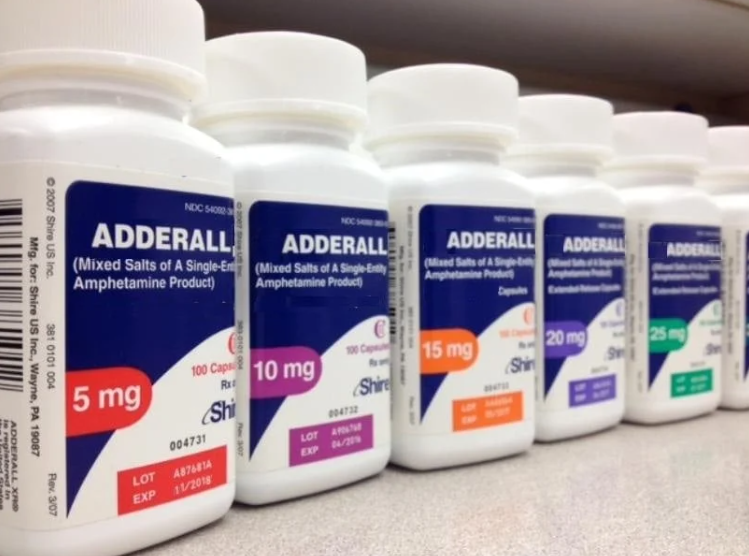
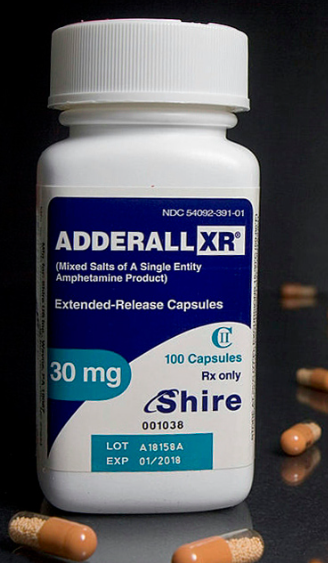
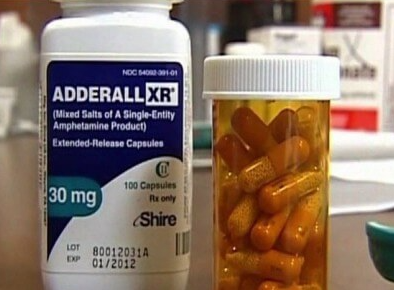
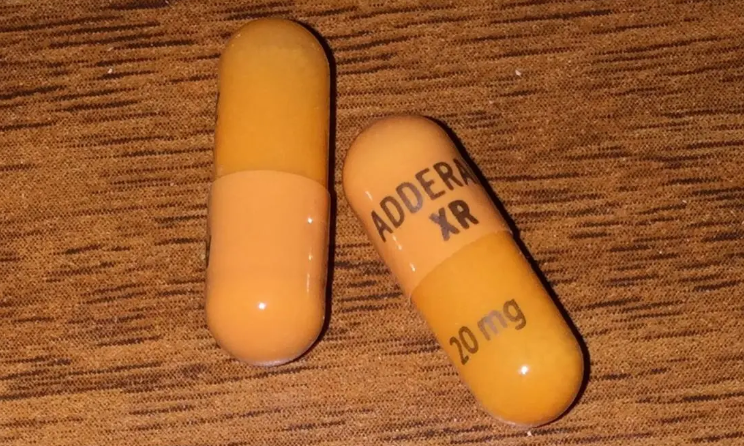

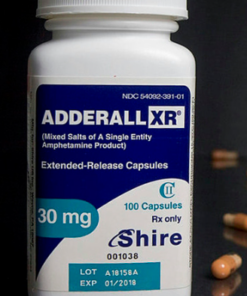
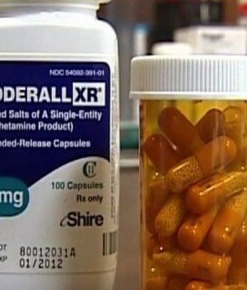
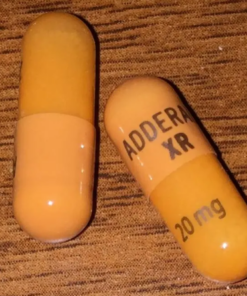
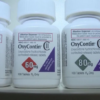





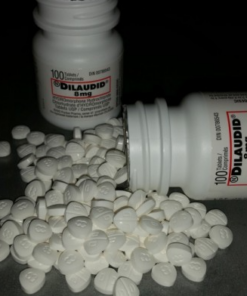
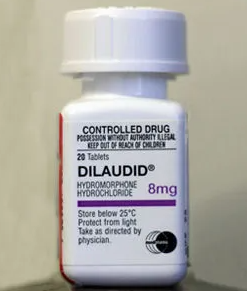




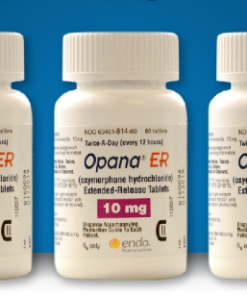





Reviews
There are no reviews yet.